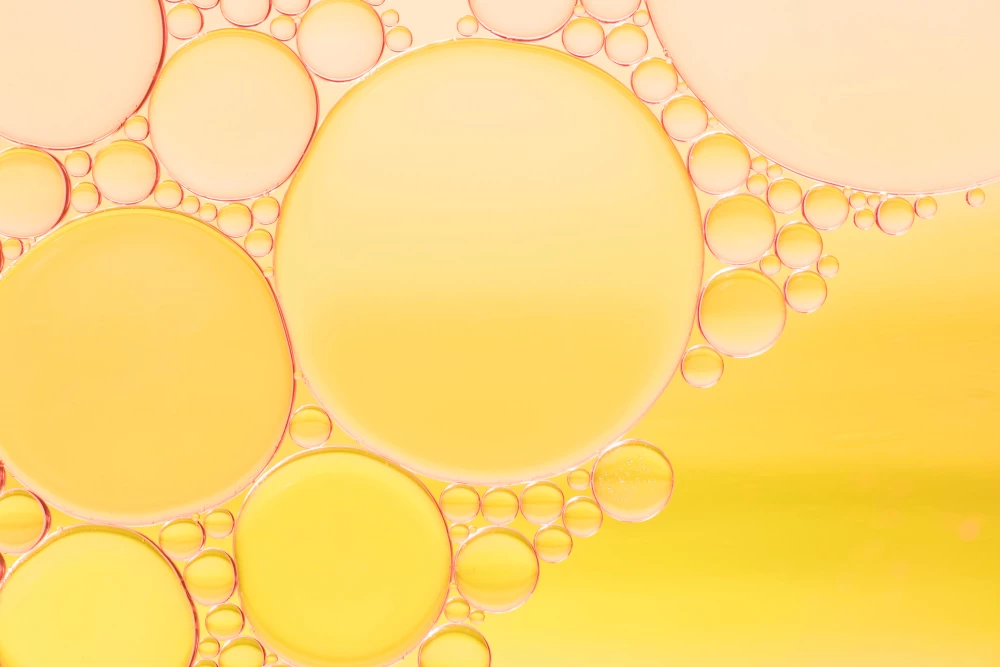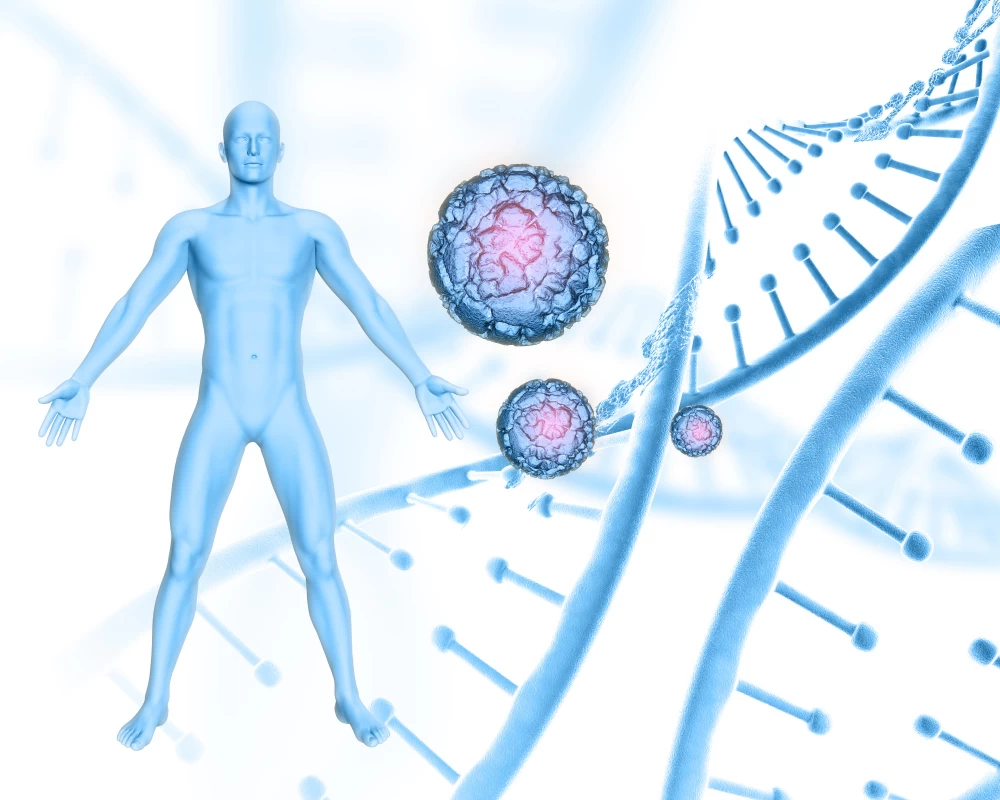
Glutathione
- Glutathione
- What is Glutathione and What are Its Benefits?
- What are Glutathione-Rich Foods?
- What are the Causes of Glutathione Deficiency?
- What are the Symptoms of Glutathione Deficiency?
- Which Diseases Does Glutathione Treatment Benefit?
- How is Glutathione Treatment Administered?
- Are There any Risks and Side Effects of Glutathione?
What is Glutathione and What are Its Benefits?
Glutathione is a naturally occurring amino acid compound in the cells of our body. Glutathione levels decrease as we age. The amino acids that make up glutathione are as follows:
- Cysteine
- Glutamic acid
- Glycine
Glutathione, produced by the liver, acts as a barrier against cellular damage. It also has the ability to detoxify the liver from chemicals. It plays an important role in strengthening the immune system and cell regeneration. It also assists in the removal of toxins. Glutathione plays a significant role in the formation and repair of tissues. Additionally, it is an important component in the production of necessary chemicals and proteins in the body, contributing to the strengthening of the immune system.
What are Glutathione-Rich Foods?
To increase glutathione levels, foods containing glutathione should be consumed. Foods such as meats, vegetables, dairy products, sulfur-rich foods like garlic and onions, as well as vegetables like broccoli, cauliflower, Brussels sprouts, and spinach, are among the foods that contain glutathione. Among the vegetables and fruits that can provide glutathione supplementation to your body are asparagus, peppers, carrots, potatoes, avocados, spinach, pumpkin, and cantaloupe.

What are the Causes of Glutathione Deficiency?
Inadequate nutrition, environmental toxins, stress, and aging can be counted among the causes of glutathione deficiency. Low levels of glutathione can also be observed in diseases such as cancer, diabetes, Parkinson's disease, and hepatitis.
What are the Symptoms of Glutathione Deficiency?
- Fatigue
- Low energy levels
- Lack of concentration
- Memory problems
- Slow wound healing
Which Diseases Does Glutathione Treatment Benefit?
Glutathione treatment can be applied for supplementation purposes, even when there is no deficiency. The benefits of glutathione can be summarized as follows:
- Supporting the immune system
- Revitalizing vitamins C and E
- Breaking down free radicals
- Activating certain enzymes
- Supporting the liver and gallbladder for the breakdown of fats
- Metabolizing toxins
- DNA formation and repair
The diseases that are thought to benefit from glutathione include:
- Lyme disease
- Alzheimer's
- Parkinson's
- Chronic fatigue syndrome
- Arterial blockage
- Colitis
- High cholesterol
- Osteoarthritis
- Asthma
- Cataracts
- Diabetes
- Glaucoma
- Heart diseases
- Hepatitis
- Liver diseases
- Disorders caused by alcohol consumption
The antioxidant property of glutathione contributes the most to its benefits. This is because antioxidants are warriors against the damage caused by the development of free radicals in the body, which leads to oxidative stress. The presence of free radicals in the long term paves the way for diseases such as cancer, autoimmune disorders, hypothyroidism, rheumatic diseases, cataracts, cardiovascular, and neurodegenerative diseases. Therefore, in the case of glutathione deficiency, an increase in oxidative stress is inevitable. Glutathione supplementation aims to rejuvenate the body, alleviate oxidative stress, and reduce the effects of aging. Glutathione supplementation may be preferred for diseases involving nerve damage such as Parkinson's and Alzheimer's. This is because glutathione deficiency may occur in neurodegenerative diseases such as Parkinson's disease.
Glutathione is believed to have a detoxifying effect. It is important to produce glutathione to rid the liver of accumulated toxins. Maintaining high glutathione levels is essential for protecting against liver damage. At this point, individuals who consume excessive alcohol also aim to protect themselves from glutathione deficiency. This is because glutathione can play a role in the metabolism of alcohol. When alcohol is consumed, acetaldehyde, a type of carcinogenic product, is produced in the body. Glutathione, with its L-cysteine amino acid, breaks it down into water and carbon dioxide, allowing alcohol to be easily excreted through urine. Glutathione levels decrease with excessive alcohol consumption.
Limited research indicates that glutathione also has an effect on insulin. Current studies show that individuals with insulin resistance generally have lower glutathione levels. Insulin resistance is a condition that can increase the risk of type 2 diabetes. Therefore, having high glutathione levels can be an important protective factor against insulin resistance.
How is Glutathione Treatment Administered?
When taken orally in tablet form, absorption is limited, so it is administered intravenously in weekly courses. In practice, high-dose vitamin C, alpha-lipoic acid, and N-acetylcysteine are administered in combination with glutathione. This mixture enhances the effectiveness of glutathione.
Are There any Risks and Side Effects of Glutathione?
Abdominal pain, bloating, sometimes respiratory distress, and allergic reactions may occur. Prolonged use of glutathione supplements can lower zinc levels. Additionally, there is limited information about glutathione supplementation for pregnant and breastfeeding women. Glutathione may not be safe for everyone. Consult your physician.





